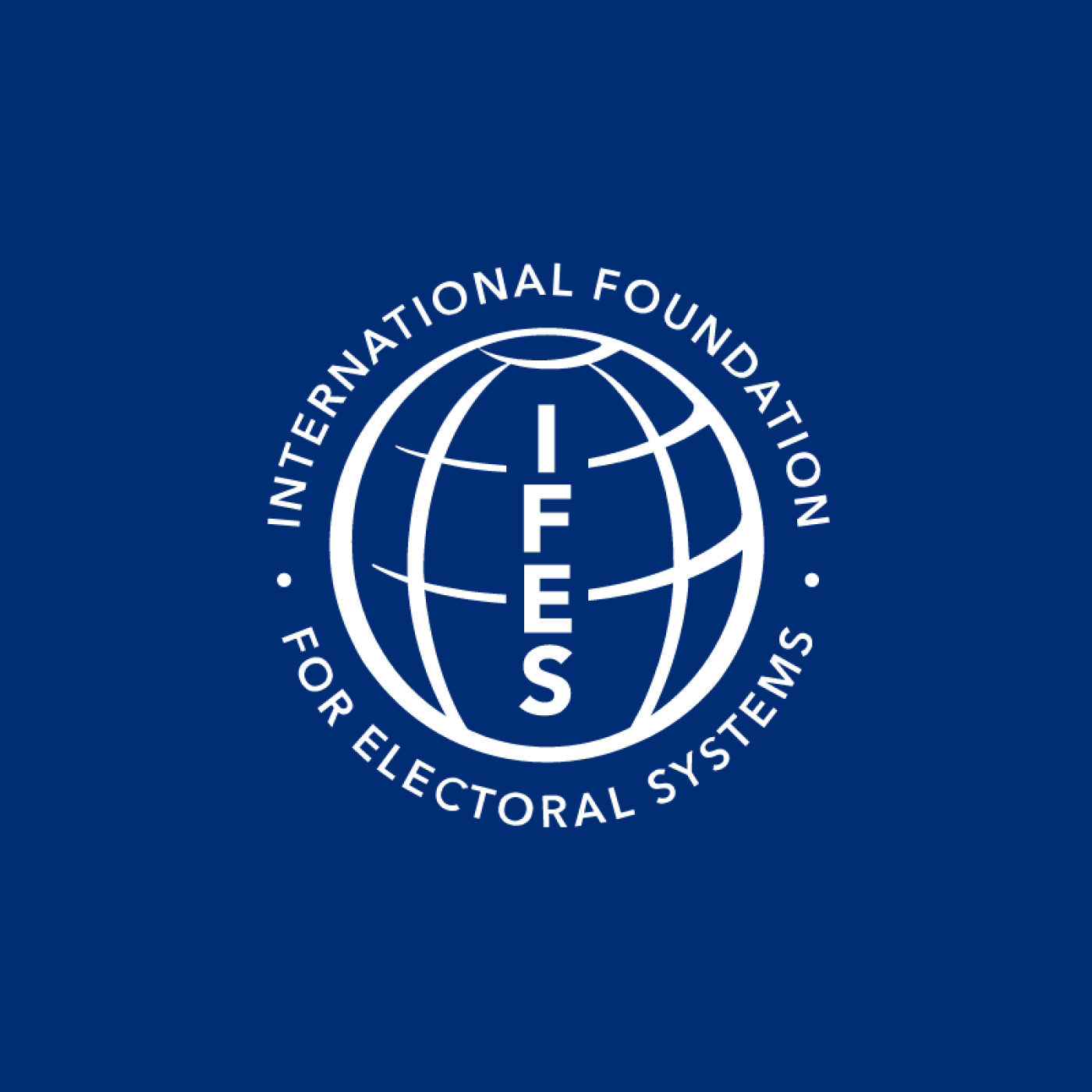Search
Filter by
Type
Publication date
Language
Type
Publication date
Language
Election FAQ
Elections in Mali: July 28 Presidential Elections
On Sunday, Malian voters will cast ballots for President of the Republic. The election is considered an important next step in the nation’s return to democracy after a widely-condemned coup d’état that overthrew the government in early 2012. IFES' frequently asked questions (FAQs) Elections in Mali: July 28 Presidential Elections sheds light on this important poll.
News & Updates
Feature
Empowering Underrepresented Populations
In this podcast, Vasu Mohan, IFES deputy director for Asia, and Alan Wall, country director in Nepal tell us about IFES' work to empower underrepresented populations.
News & Updates
Feature
Elections for All: Empowering the Underrepresented
The Universal Declaration of Human Rights guarantees all individuals the freedom to partake in their nation’s government and political processes, including elections. Yet, many individuals around the world face barriers to full participation due to social, ethnic and economic inequalities. IFES’ programs empower these underrepresented populations to participate in political life in a variety of ways. This photo gallery provides some examples of our work in this area.
News & Updates
Press Release
IFES, Indian Election Commission Sign Agreement for Increased Global Collaboration
The International Foundation for Electoral Systems (IFES) and the Election Commission of India (ECI) today signed a memorandum of understanding deepening the organizations’ partnership in promoting democratic processes and good governance around the world.
News & Updates
Feature
Elections Worth Dying For? Maintaining the Peace During Elections in Africa
Used as a political tool before, during and after elections, violence threatens the franchise and civil rights of all citizens.
Publication
Survey
Public Opinion Data and Political and Legal Reform Opportunities for Women in Yemen, Morocco and Lebanon
As people across the Middle East and North Africa continue to protest for greater freedom and equality under repressive regimes, women have an unprecedented opportunity to capture some of the newly created political space and ensure gender rights are integrated into political and legal reforms.
September 22, 2011
Image

Publication
Report/Paper
The Strategic Use of Gender Quotas in the Arab World
William & Kathy Hybl Fellowship, 2010 Research Fellow Bozena Chrisina Welbourne on The Strategic use of Gender Quotas in the Arab World
February 09, 2011
News & Updates
Feature
U.S. Ambassador for Women’s Issues Visits IFES’ Garima Project in India
On September 14, 2010, U.S. Ambassador-at-Large for Global Women’s Issues Melanne S. Verveer visited the Garima project in New Delhi, India. Verveer helped launch the Garima project in November 2009 and returned to observe its progress during a recent visit to India. Garima, which means “dignity” in Hindi, works to enhance women’s participation in political, economic and social processes, encourage political advocacy, and curb practices such as gender-based violence, female feticide and child marriage. The project is implemented by IFES and Counterpart International and collaborates with several nongovernmental organizations in India.
News & Updates
Press Release
International NGO Releases Survey Findings on Women’s Political Standing in Morocco
RABAT—A national survey on attitudes towards the political, economic, social and legal status of women in Morocco released today by the International Foundation for Electoral Systems (IFES) and the Institute for Women’s Policy Research (IWPR) shows that while women’s political and civic participation is low, there is relatively high support for gender quotas on behalf of both sexes. The survey, however, indicated that men are much less supportive than women of the Family Law or Moudawana.
Publication
Report/Paper
Focus on Morocco | Freedom of Movement, & Freedom from Harassment & Violence Topic Brief
This topic brief presents key findings from the SWMENA survey in Morocco. One portion of the survey examined the extent to which women enjoyed freedom of movement without pressures from family or society, attitudes towards violence against women, and the degree to which domestic violence is tolerated or rejected by society.
June 21, 2010



